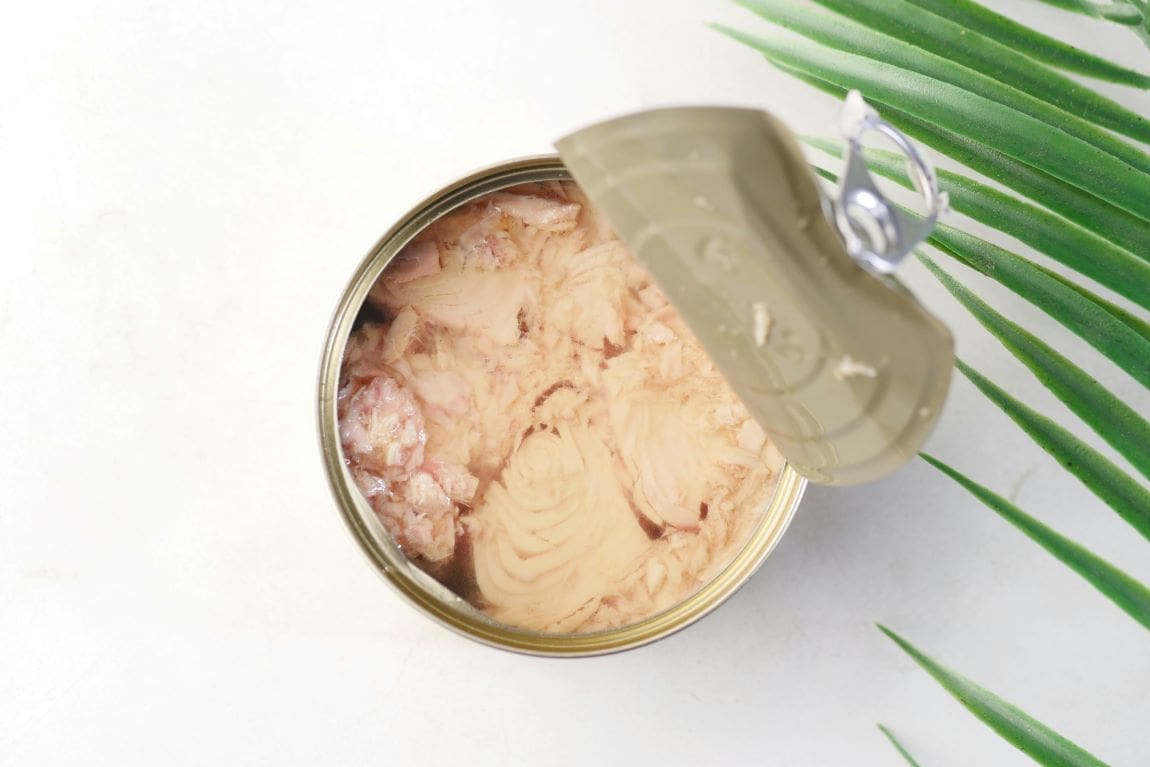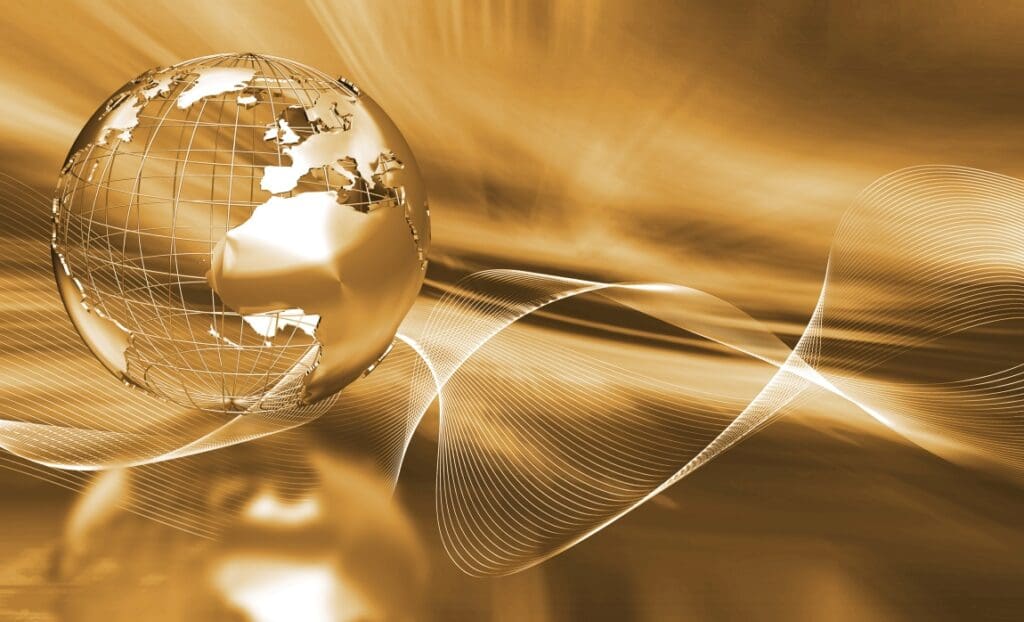Paris, France | AFP – Tinned tuna in many European countries is contaminated with dangerous levels of mercury, according to two environment pressure groups who called on retail stores and governments to take “urgent” measures.
The Foodwatch and Bloom groups said that authorities had to cut the permitted levels of the heavy metal.
Bloom said all of the 148 tins of tuna randomly selected in Britain, France, Italy, Germany and Spain it tested at an independent laboratory “were contaminated with mercury”.
The group, which campaigns for protection of the oceans, said that in more than half of the tins, the mercury level was higher than the 0.3 milligrams per kilogramme maximum limit for mercury in other fish.
Bloom said that current accepted mercury levels of 1 milligram per kilo had been set to make sure that “95 percent” of tuna caught is sold.
“That is the reason why tuna, among the most contaminated species, is given maximum tolerance in mercury three times higher than less contaminated species,” it said.
Bloom and Foodwatch, a consumer rights group, said there was no “health reason” to justify the difference in levels between tuna and other fish.
“Mercury is not less toxic if it’s ingested through tuna, only the concentration of mercury counts,” they said.
Mercury is often spread by atmospheric deposits from coal power stations. The World Health Organisation considers it one of the 10 most worrying substances for public health.
In the ocean it mixes with bacteria to become methylmercury which is even more toxic and considered a threat to the nervous system and a cause of neurological troubles, according to the WHO.
The groups said the European Commission must toughen permitted mercury levels in tuna to make it in line with other fish at 0.3 milligrams per kilo.
“We demand that the public authorities strengthen regulation and, without delay, that distributors do not sell products over the most protective level,” said Foodwatch campaign director Camille Dorioz.
mdb/tw/fg
© Agence France-Presse
Featured image credit: Towfiqu barbhuiya | Pexels




